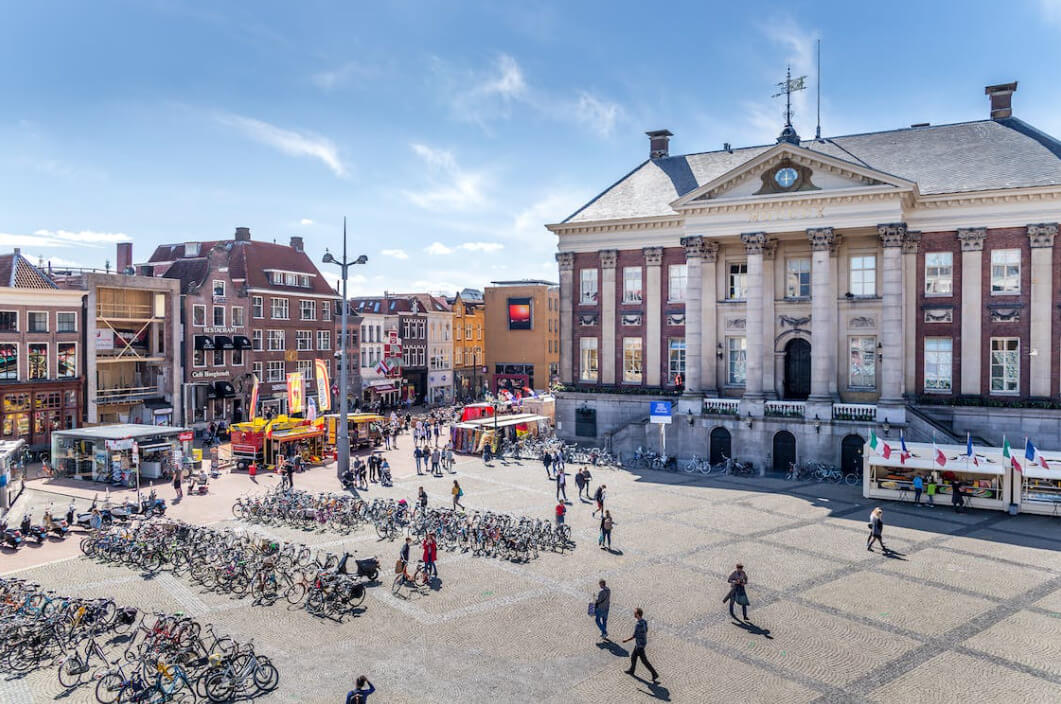PhD Economics of Climate Policy, Energy Transition and Industrial Decarbonisation

Organisation
Since its foundation in 1614, the University of Groningen has enjoyed an international reputation as a dynamic and innovative center of higher education offering high-quality teaching and research. Belonging to the best research universities of Europe and joining forces with prestigious partner universities and networks, the University of Groningen is truly an international place of knowledge.
Faculty of Economics and Business
The Faculty of Economics and Business offers an inspiring study and working environment for students and employees. International accreditation enables the Faculty to assess performance against the highest international standards. It also creates an exciting environment of continuous improvement. FEB's programmes, academic staff and research do well on various excellence ranking lists.
FEBRI, the graduate school and research institute of the Faculty of Economics and Business has available one PhD position in the field of Economics of Climate Policy, Energy Transition and Industrial Decarbonisation.
Project description
Climate change mitigation calls for steep cuts in greenhouse gas emissions. To realize these reductions, industry and the energy sector must undergo pronounced changes. These changes are closely connected. The decarbonization of industry requires, amongst others, electrifying industrial processes, which is feasible only if the necessary clean energy and energy infrastructure is available at competitive costs. Large-scale investments in the energy sector meanwhile get off the ground only if industry is prepared to electrify its production. The interrelatedness of these two major transitions raises important questions for governments, policymakers, and regulators. How can efficient energy-transition policies support the decarbonization of industry? How can industrial climate policies promote the energy transition? What does the economically efficient design of future energy systems look like? And what role—if any—can technologies such as carbon capture and storage (CCS) and negative emissions play in effectively decarbonizing industry? This project aims to give an economic answer to these—and other—questions using a combination of numerical, empirical, and theoretical techniques, with a special focus on decarbonization of the industry and energy sector in the EU and The Netherlands.
The PhD position is embedded in the Centre for Energy Business and Economics Research (CEnBER - https://www.rug.nl/cenber/blog/ceer-policy-paper-12-economic-value-of-nuclear-power.pdf) and in the research programme Economics, Econometrics & Finance of FEB’s Research Institute. The project will be supervised by Prof. Machiel Mulder and Dr Roweno J.R.K. Heijmans.
This position is made possible with generous financial support from the Centre for Energy Business and Economics Research, the Royal Dutch Association of large industrial users of energy (VEMW - https://www.vemw.nl/overvemw) and the Dutch Association of Energy Supply companies (Energie-Nederland - https://www.energie-nederland.nl/en/about-us/about-us-1/).






